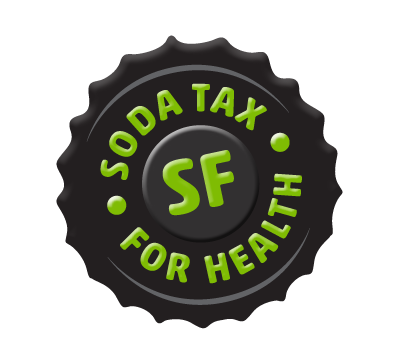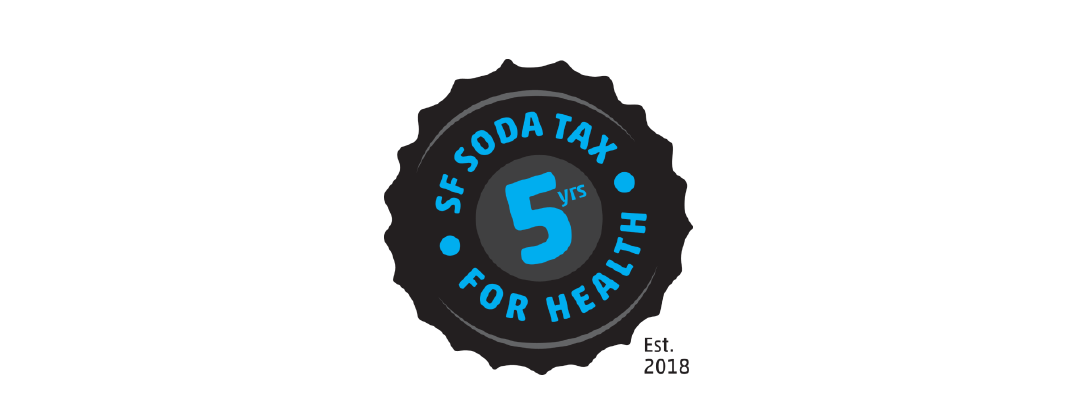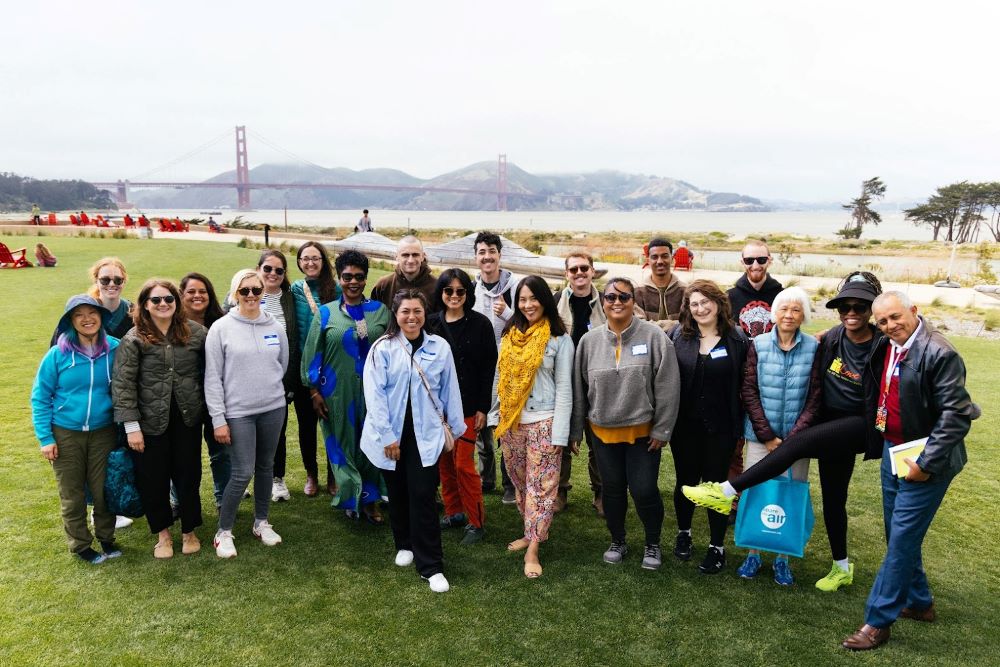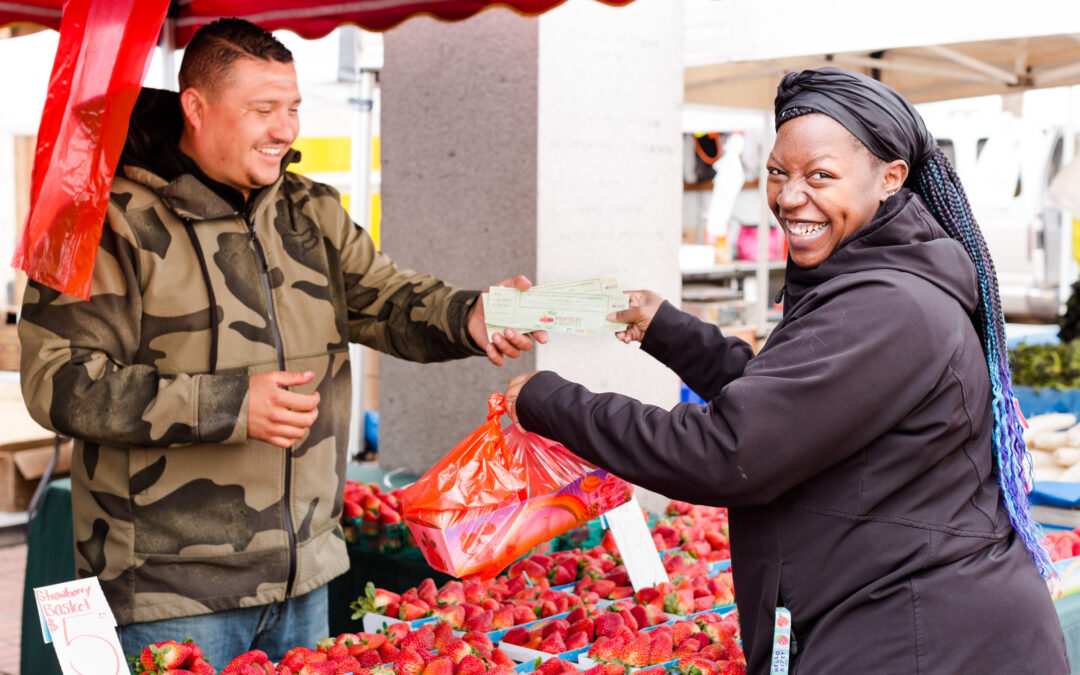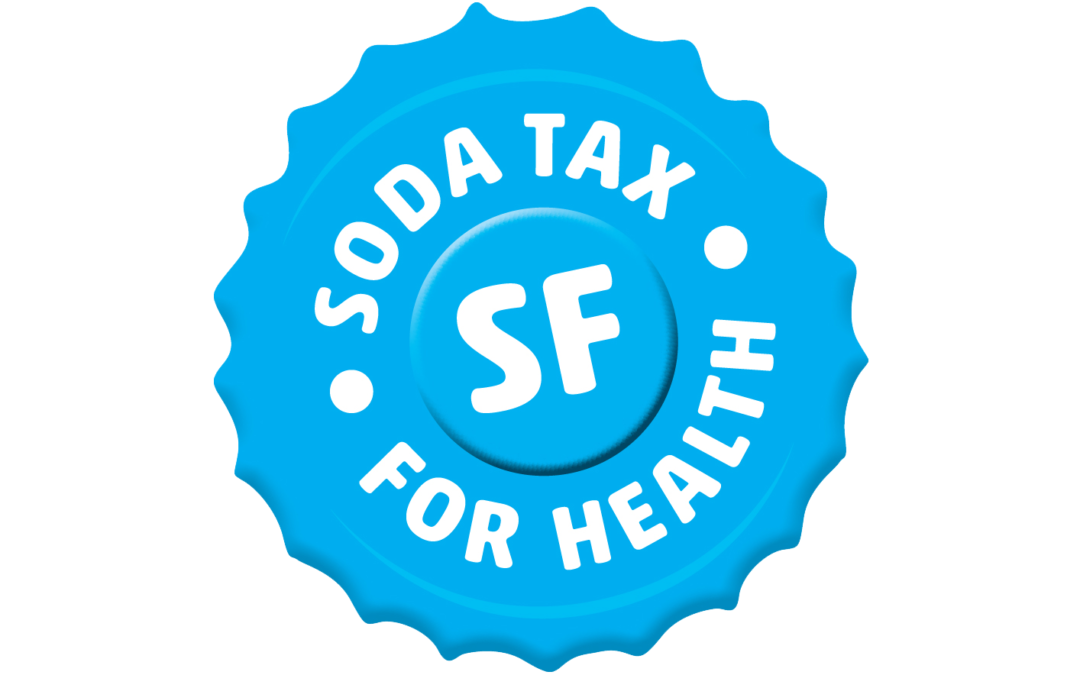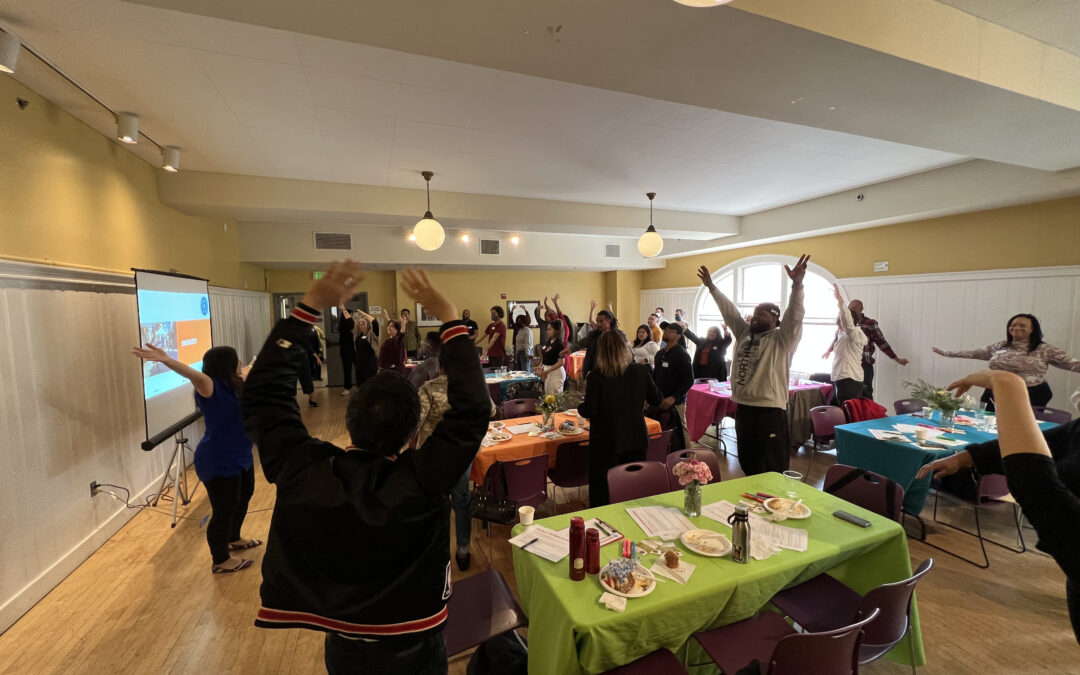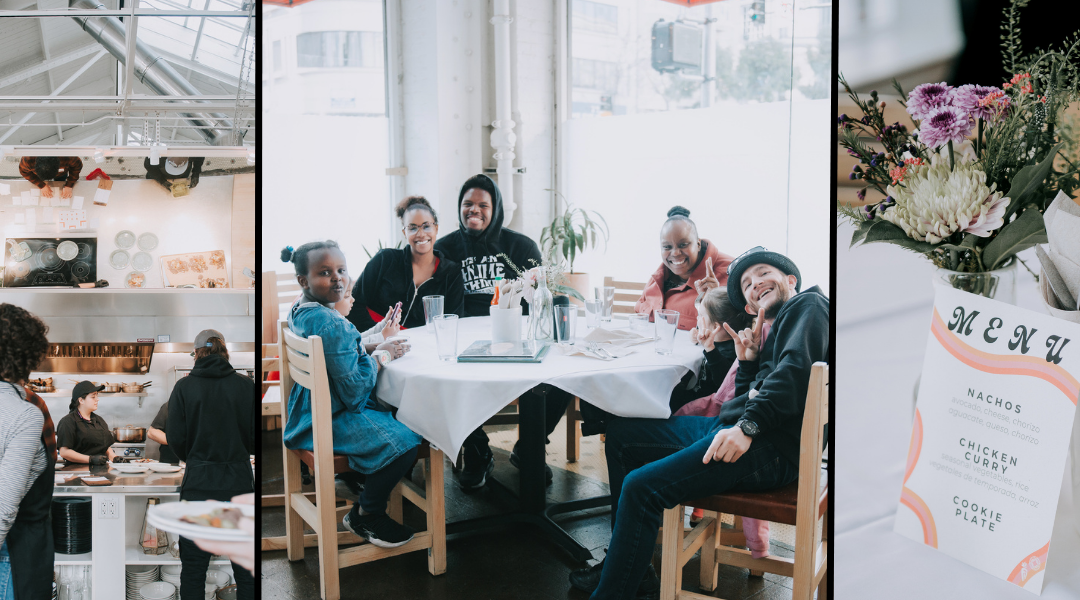By Abby Cabrera, MPH, UCSF Project Manager & Marna Armstead, SisterWeb Co-founder & Executive Director; Sugary Drinks Distributor Tax Advisory Committee Co-Chairs
The recently published article by the San Francisco Bay Area Planning and Urban Research Association (SPUR), Revenue Allocations from Soda Taxes in Oakland and San Francisco Continue to Diverge from Advisory Committee’s Recommendations, highlighted the considerable amount of time and effort spent by members of the San Francisco Sugary Drinks Distributor Tax Advisory Committee (SDDTAC) as well as the discrepancies between the the SDDTAC’s budget recommendations and Mayor’s budget allocations. Although the allocations diverge from the recommendations, San Francisco’s SDDTAC remains committed to making community-driven funding recommendations which support services and other innovative, community-led work to decrease the consumption of sugary beverages, increase access to water, and support healthy eating and active living.
The general purpose of the SDDTAC is to make funding recommendations to the Mayor and the Board of Supervisors to reduce the consumption of sugary drinks in San Francisco and evaluate the impact of the revenue allocation from the soda tax. The San Francisco Sugary Drinks Distributor Tax (SDDT) Ordinance and the Sugary Drinks Distributor Tax Advisory Committee took effect on January 1, 2018, and over the last five years, the 16-member SDDTAC committed more than 900 hours per year to discuss budget recommendations, evaluate programs, receive input from the community, and communicate those priorities by submitting a balanced budget based on the amount allotted by the SDDT. A recent prospective longitudinal study reported a 34% decrease in average sugar-sweetened beverage consumption following the first two years of tax implementation1. Findings from the comprehensive evaluation report show that (1) the San Francisco SDDT Ordinance and SDDTAC have been identified as effective in addressing health disparities resulting from the consumption of sugar-sweetened beverages as well as addressing long-standing inequities; (2) The SDDT values have ensured that SDDT funded programs focus on and effectively engage communities most burdened by inequities; (3) Organizations and agencies used SDDT funding to help those communities experiencing the worst health and economic impacts of the COVID-19 pandemic meet basic needs while simultaneously supporting the structural changes necessary to promote equity; and (4) SDDT funded entities are beginning to achieve desired outcomes. The last five years have provided San Francisco communities with access to programs and activities that aim to support community-led and culturally relevant work, build strong collaborations and partnerships to increase capacity and effectiveness, eliminate structural inequities and achieve equity, and result in long-term impacts.
Additional SDDT-funded highlights from FY 2021-2022 include:
- More than 49,850 individuals participated in SDDT-funded grant programs
- 24,132 (46% of SFUSD students) benefited from SDDT-funded structural changes such as Refresh kitchens and/or SDDT hydration stations
- SFUSD Student Nutrition Services provided more than 7.5 million meals to SFUSD families
- 10,356 toothbrushes were distributed to SFUSD students
- 2,188 community members received Requity scholarships
- 13,923 individuals received Market Match incentives/supplements
- 4,417 individuals received Vouchers4Veggies
We invite you to join us in celebrating San Francisco’s 5-year soda tax by attending any of the upcoming events below.
Soda Tax 5-Year Celebration Event Details
| Date and time | Location | Information | |
| Community | Saturday, November 4, 2023; 1 – 4 PM | Florence Fang Community Farm 41 Diana St. San Francisco 94124 | The celebrations will kick off with a family-friendly event at Florence Fang Community Farm on November 4th. The community will gather to celebrate and enjoy healthy, delicious foods and family-friendly activities and entertainment provided by organizations that have been funded by San Francisco’s soda tax. |
| Science | Tuesday, November 7, 2023; 12 – 1 PM (PST) | In person: 1001 Potrero Ave. Building 3 (22nd St. & San Bruno Ave.), 1st Floor, Room 101 San Francisco CA 94110 Webinar via Zoom (Click to Join) Meeting ID: 968 1679 7792; Password: 1001 Call-in: +1 669 900 6833, +1 213 338 8477, +1 669 219 2599 | Marking the 5-Year Anniversary of the SF Sugar-Sweetened Beverage Tax: A Community-Public Health-Academic Partnership |
| Youth | Wednesday, November 8, 2023; 12:50 PM (PST) | June Jordan School for Equity This event is only for students of June Jordan School for Equity. | Students will participate in food demonstrations and water tastings with fresh food and herbs from the Urban Sprouts Community Farm & Kitchen. |
| Policy | Thursday, November 9, 2023; 1 – 3 PM (PST) | Webinar via Zoom (Register) | From Political Campaign to Policy Implementation and Beyond: Join a virtual panel of experts who were instrumental in passing not just the soda tax, but other policies that support healthy eating, active living, and equitable access to water, and discuss the future of soda taxes in the Bay Area and beyond. |
The Sugary Drinks Distributor Tax Advisory Committee is dedicated to serving the San Francisco communities to improve their health and wellbeing. The committee cannot do this work alone and values your input. If you have more questions or feedback about our recommendations and/or the Mayor’s budget, we encourage you to attend our monthly SDDTAC meetings by joining through Zoom or calling in. In addition, you can let the Board of Supervisor of your impacted district know what is important to you, and can contact the Mayor’s Office about your priorities and how they impact the work you do and the community you live in. We invite you to view the links below and we hope to see you at our monthly meetings. Lastly, we would like to acknowledge and recognize our partner in advocacy, SPUR, for uplifting the work of the San Francisco Sugary Drinks Distributor Tax Advisory Committee.
Resources
- San Francisco Sugary Drinks Distributor Tax Advisory Committee main page (including meeting links and details)
- SDDTAC 2023 Annual Report & Budget Recommendations FY 2023-2024 and FY 2024-2025
- SDDT Evaluation Report FY 2021-2022
- 2023 Data Report (report will be posted to www.sf.gov/sddtac in November 2023)
1 Silver LD, Padon AA, Li L, Simard BJ, Greenfield TK (2023) Changes in sugar-sweetened beverage consumption in the first two years (2018 – 2020) of San Francisco’s tax: A prospective longitudinal study. PLOS Glob Public Health 3(1): e0001219. https://doi.org/10.1371/journal.pgph.0001219
